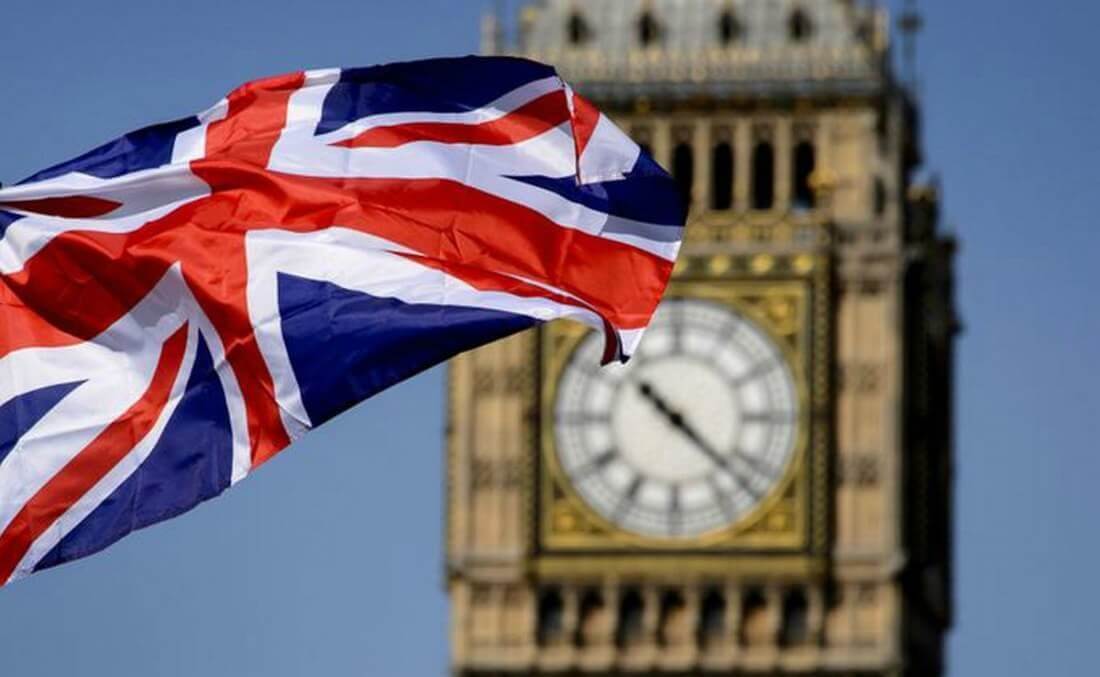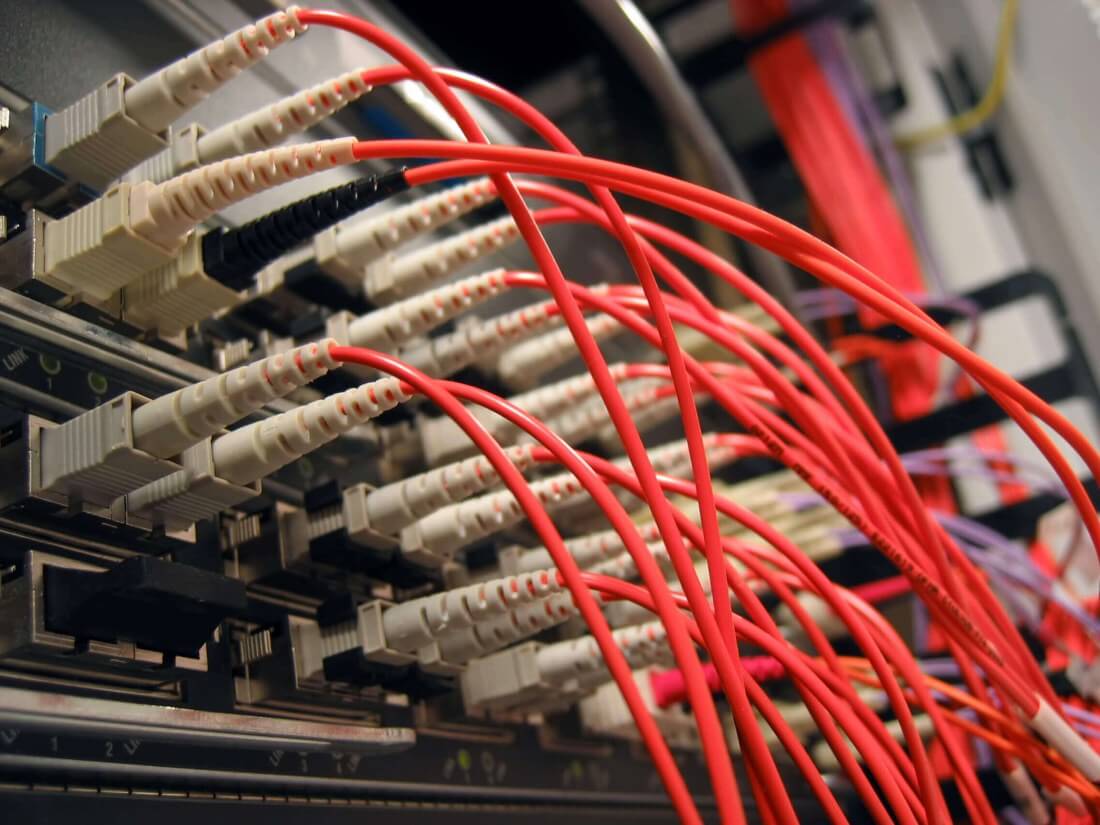In brief: Keeping rural and urban areas on a level playing field where broadband connectivity is concerned has been an ongoing struggle for global governments and ISPs alike. In short, it's expensive and difficult to bring high-speed internet to remote locations. However, despite these roadblocks, the UK wants to bring full fiber connectivity to every home in the country by 2033.
It's no secret that bringing broadband internet to rural locations has been a struggle for US-based ISPs. FCC Chairman Ajit Pai announced a proposal recently that could give ISPs $500 million in funding to do just that, but not much has come of it so far.
It seems the UK is looking to eclipse the US in this regard, though. In a press release published today, the UK's Department for Digital, Culture, Media & Sport announced that fiber broadband would be coming to every single home in the UK – especially those in rural locations – by 2033.
That's not all, though. The UK also wants fiber broadband costs to be "slashed" in the coming years, though specific price cut proposals haven't been announced yet.
UK DCMS Secretary of State Jeremy Wright explained the government's reasoning behind its broadband goals in the following statement:
We want everyone in the UK to benefit from world-class connectivity no matter where they live, work or travel. This radical new blueprint for the future of telecommunications in this country will increase competition and investment in full fibre broadband, create more commercial opportunities and make it easier and cheaper to roll out infrastructure for 5G.
These changes will come as a result of the UK's recent Future Telecoms Infrastructure Review (FTIR), an in-depth analysis of the current state of the UK telecom industry. The FTIR led to numerous recommendations that seek to improve the lives of UK citizens.
These recommendations include proposals for new legislation that will "guarantee" fiber connections to new buildings projects and homes, reforms to the "regulatory environment" for fiber that will increase investment and competition, and an industry-led transition from copper to fiber connections coordinated by UK communications regulator Ofcom.

One of the FTIR's primary goals is to level the playing field between rural and urban environments. "...[rural areas] must not be forced to wait until the rest of the country has connectivity before they can access gigabit-capable networks," the press release reads.
This is certainly an admirable aim. After all, the UK notes that only about 4 percent of its internet connections are 5G, putting it behind many of its "key competitors" by a considerable margin. 71 percent of Spain's connections are fiber, for example.
At any rate, as great as this plan sounds, it won't be cheap to implement. By the UK's own estimates, bringing full fiber to every home in the country could cost anywhere from £3 to £5 billion (about $4 to $6.6 billion).
Whether or not the government can raise those funds, and ensure they are funneled in the right direction, remains to be seen.
